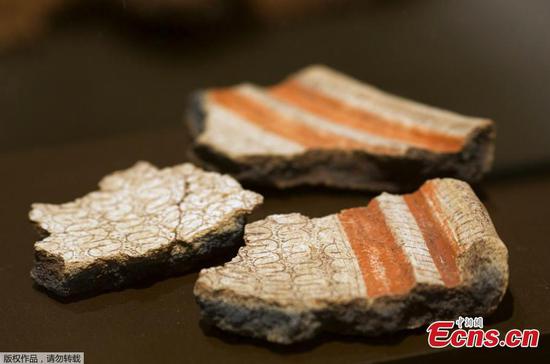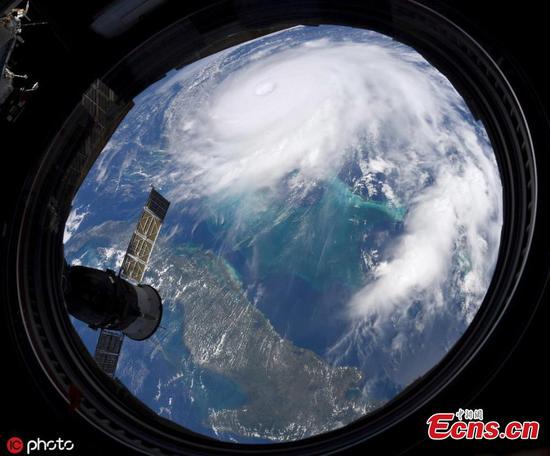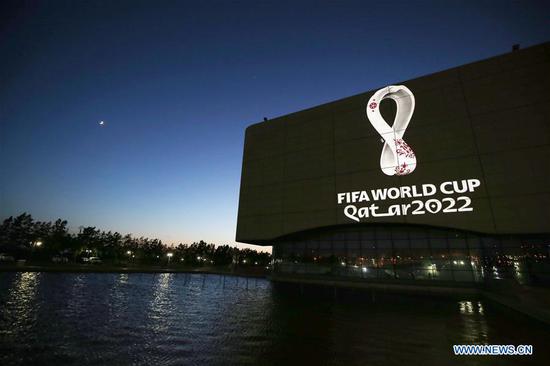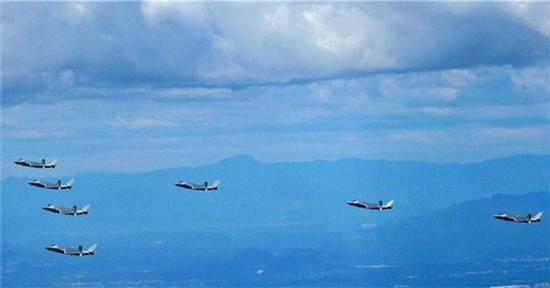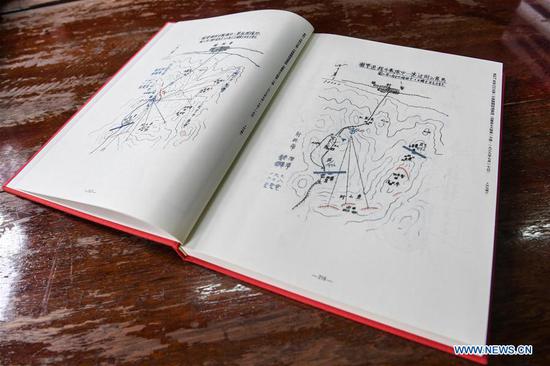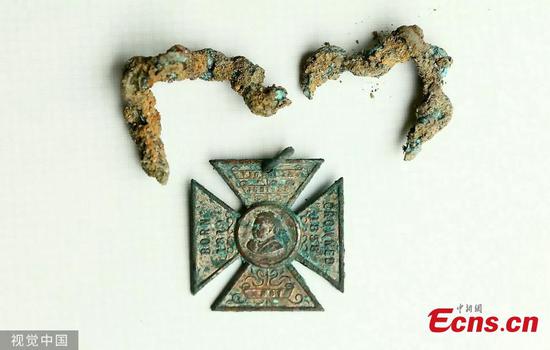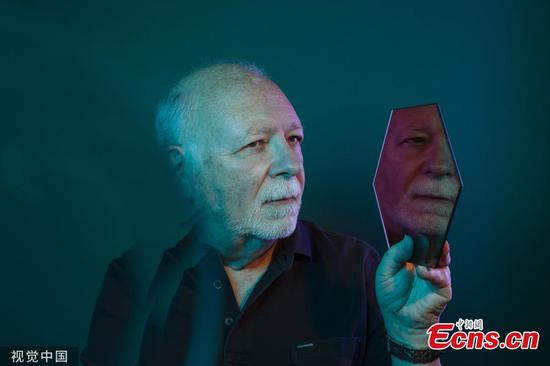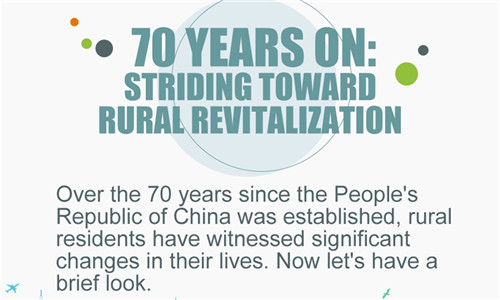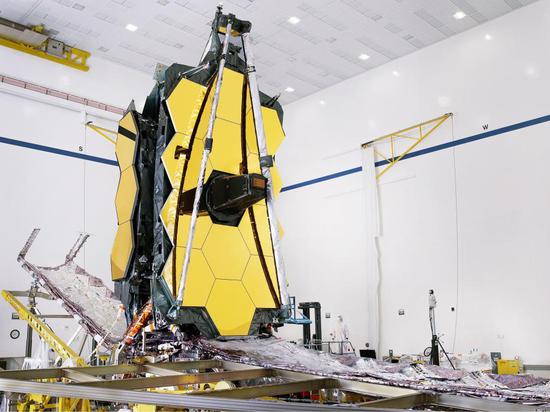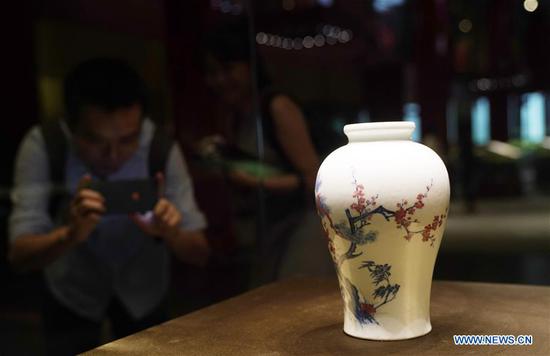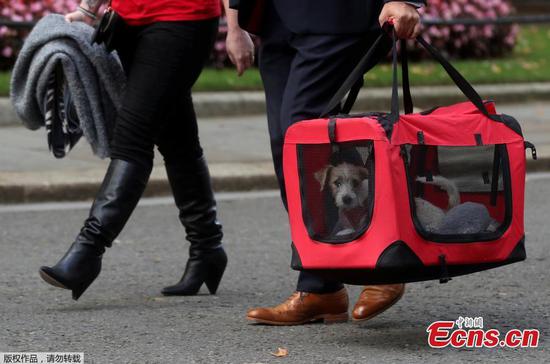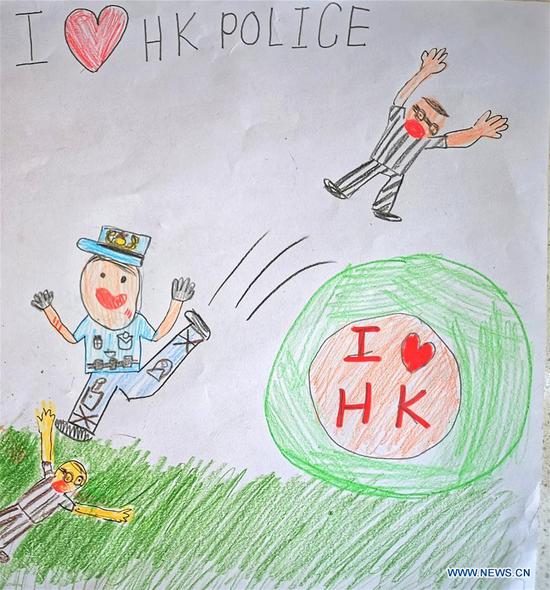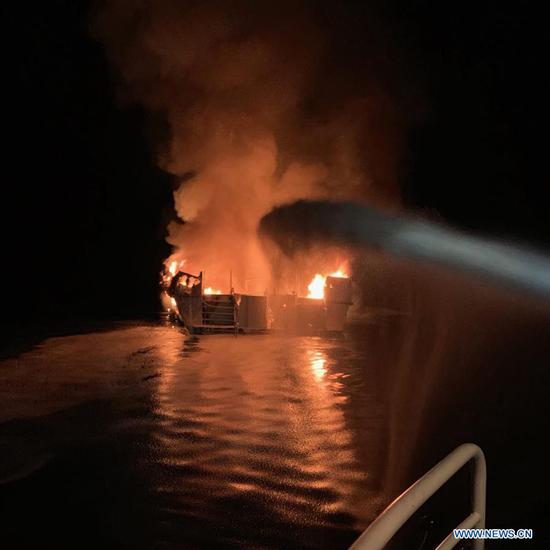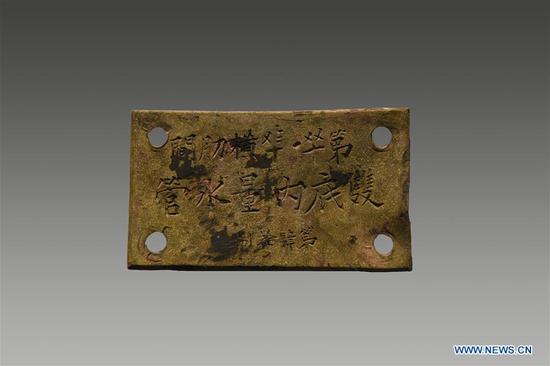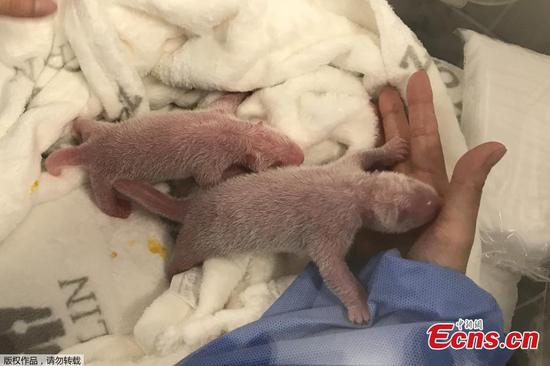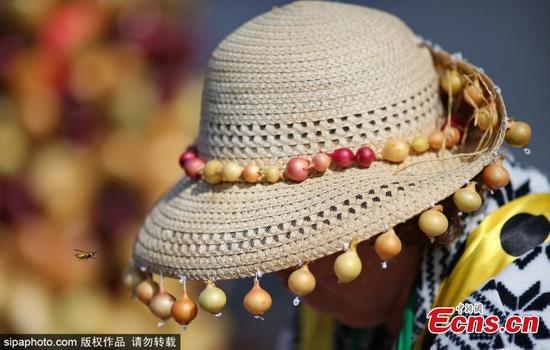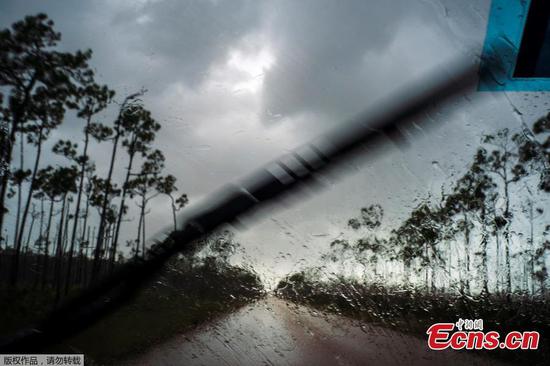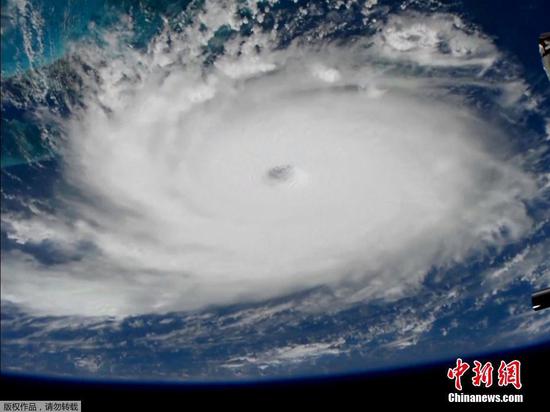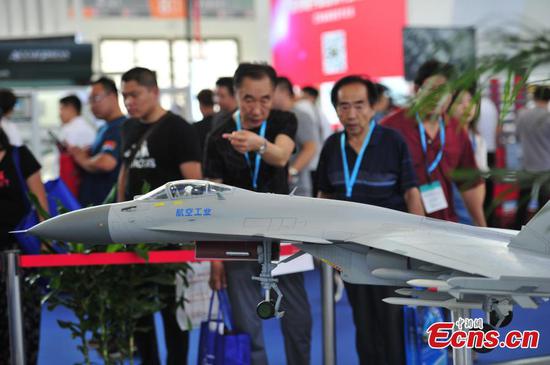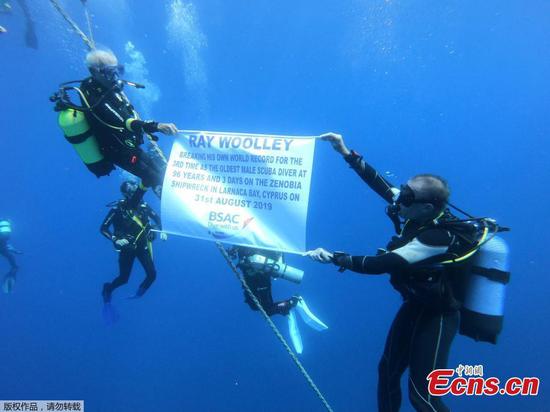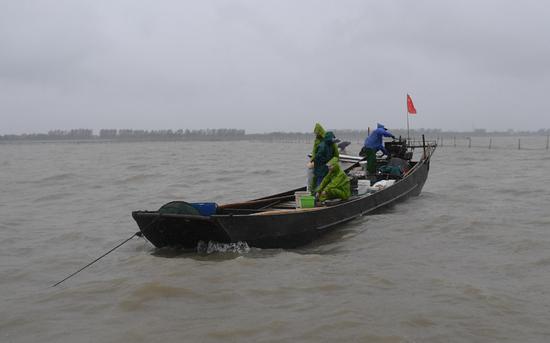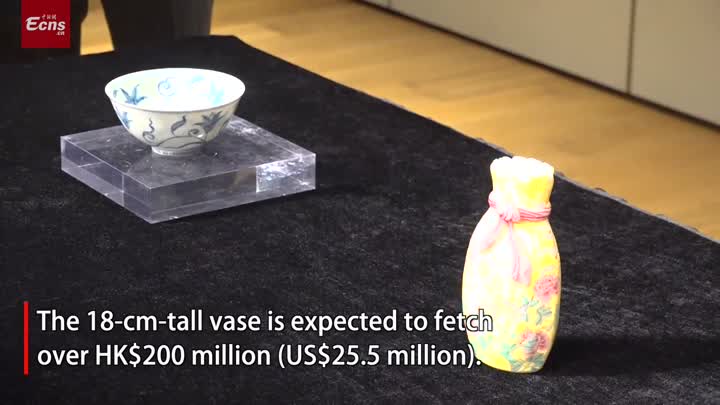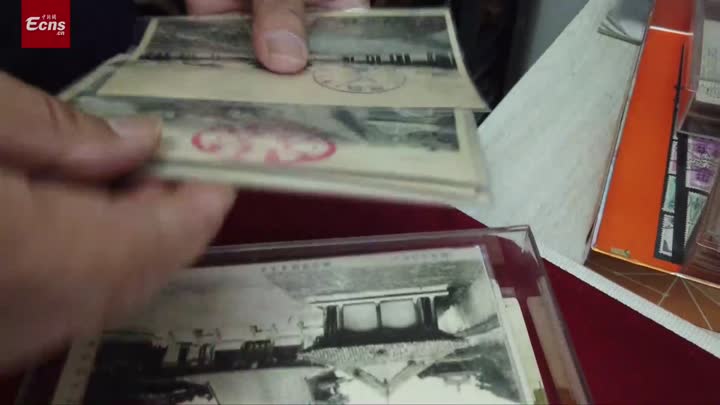Carrier is 'fundamentally' sound but needs 'hard-nosed business approach'
When Virgin Australia first started operating in Australia on Aug 31, 2000, the airline, then known as Virgin Blue, promised so much to the traveling public.
For the first 13 years, the carrier, whose investors include China's Nanshan Group and Hainan Airlines parent HNA Group, Singapore Airlines and United Arab Emirates' Etihad Airways, did well in a market that has been dominated by market leader Qantas.
But it has been hemorrhaging money for the last seven years and on Aug 28 announced it will cut 750 jobs, mainly from its bloated head office, after posting a loss of $234.2 million for the financial year ended June 30 this year.
The airline and its new chief executive officer, Paul Scurrah, are now examining its entire business operation.
Already there is talk within the industry that Virgin Australia-Australia's second-biggest carrier and the largest airline by fleet size to use the Virgin brand-is looking at chopping services to Los Angeles, Bali and Hong Kong. It may even sell its low-cost airline Tigerair, which it acquired in 2014.
When it took full control of Singapore's Tigerair, Virgin Australia's then CEO John Borghetti said the transaction marked "an important milestone for the airline" and would form an important part of Virgin Australia's "Virgin Vision 2017" strategy.
The visions did not materialize, however, and Tigerair has been a millstone around Virgin's neck, some analysts say.
Geoffrey Thomas, whose company Airlineratings.com monitors and rates the safety of more than 435 airlines globally, says Virgin Australia is "fundamentally" a sound airline.
"It does need to trim its sails and perhaps pull a couple down," he said. "There are some routes that need to go, and frequency on others reduced."
Thomas said the airline has announced the integration of some of its units, and that will "streamline management and produce big savings".
"Virgin is a superb airline with excellent customer service. Get the backroom costs sorted and it will be fine and in the black," he said.
As to whether Australia can support two local carriers, Thomas said: "Australia needs two premium airlines, otherwise we would face a monopoly with much higher fares."
Scurrah is Virgin Australia's third CEO, having taken over from Borghetti in March. The appointment of the former Queensland Rail boss did leave many in the industry scratching their heads, believing that running an airline is much more difficult than railways.
Neil Hansford, chairman of Strategic Aviation Solutions, said Virgin Australia's biggest mistake was losing touch with its original business model of being a low-cost carrier. Instead it took on Qantas.
Hansford said the airline's current business model is not sustainable and what has been announced are "band-aid' measures.
"The ability of its partners to put in additional capital is doubtful (given) their own problems in Hainan (Airlines) and Etihad (Airways) and the conservative investment strategies of Singapore Airlines."
In April 2018, Air New Zealand ended its partnership with Virgin Australia on flights across the Tasman Sea. Air New Zealand had decided to pull out of the alliance operating since 2010.
Hansford said Virgin Australia will need to make some "hard" decisions in the coming weeks and months.
"Major decisions must be taken to get out of international markets like Hong Kong and the United States where it competes with up to five heavyweights on the routes," he said. In the results just published, Virgin Australia's international arm lost $50.8 million.
"Tigerair lost $30 million on revenue of only $376 million and needs to be closed or integrated into Virgin mainline as a product only with no separate management." He suggested "Virgin Lite" could fly in Virgin's original budget space.
"It's not time for band-aids, it is time for business reconstruction into areas where profitability is quickly deliverable."
He said apart from the sustainability of its overseas routes and the future of Tigerair, the airline should review the suitability of offering business class on domestic leisure routes, rationalize direct services within Australia, and reduce the fleet size.
Hansford said the airline needs to remove the "founder culture" and replace it with a hard-nosed business approach to what is a very low-margin industry.
"Virgin Australia needs to go back to marketing to their core business adopters and stop chasing the Qantas business pie. Market itself as being economic and different, to a more defined audience," he said.









